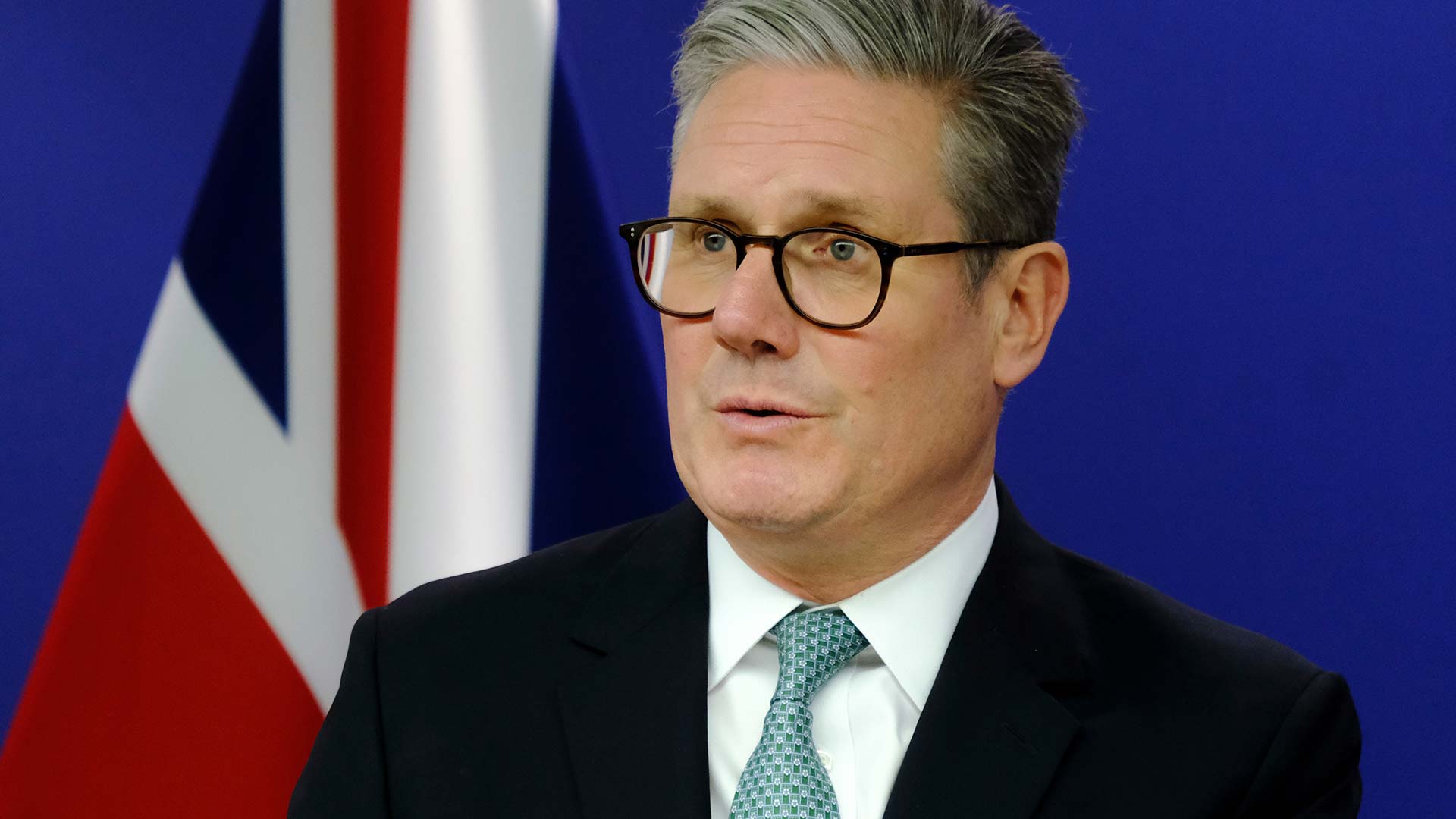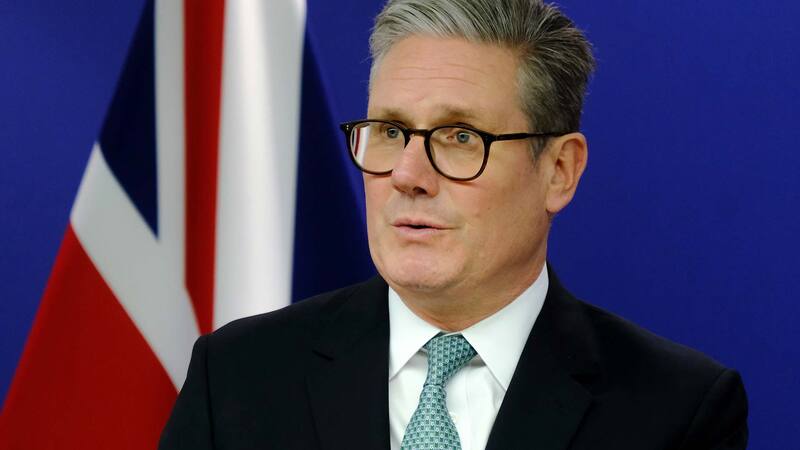You are viewing your 1 free article this month. Login to read more articles.
Creative Rights in AI Coalition criticises government for 'blindly following' EU stance on data mining
The Creative Rights in AI Coalition has released a statement questioning the UK government’s intention to “blindly imitate” the EU’s position on Artificial Intelligence (AI) when it comes to text and data mining.
The group, which launched in December last year, and includes 30+ trade bodies including the Publishers Association (PA), the Society of Authors (SoA), the Independent Publishers Guild and Authors’ Licensing and Collecting Society, responded to the publication this week of Matt Clifford’s AI Opportunities Action Plan for the British government.
The group criticised the suggestion in the plan that there is “current uncertainty” around intellectual property, and said it is “deeply concerning to see the EU approach looked to as a regime that the UK should mirror”.
Prime Minister Keir Starmer announced at an event at University College London’s East campus in Stratford on Monday that he plans to take forward all the recommendations made by Clifford in the AI Opportunities Action Plan.
The plan recommends reform of the UK text and data mining regime “so that it is at least as competitive as the EU”, saying that “the current uncertainty around intellectual property (IP) is hindering innovation and undermining [the government’s] broader ambitions for AI, as well as the growth of our creative industries”.
Clifford suggests that “the UK is falling behind” and “the EU has moved forward with an approach that is designed to support AI innovation while also enabling rights holders to have control over the use of content they produce”.
The Creative Rights in AI Coalition’s statement said: “Following the Prime Minister’s broad commitment to take forward the Plan’s recommendations, we call on the government to provide assurances that all options in the Copyright and AI Consultation – including enforcing the existing copyright regime with transparency provisions – remain on the table.
“It is deeply concerning to see the EU approach looked to as a regime that the UK should mirror. The EU is still working out how to implement its EU AI Act and there are persistent questions over the workability of their opt-out regime. This serves as a real-time warning for the government about imitating regimes that have shown no signs of being effective. The UK should learn from the EU regime’s shortcomings, not blindly imitate it.
Continues...
“Furthermore, there is no ‘uncertainty’ in the UK text and data mining regime: it is clear that UK copyright law does not allow text and data mining for commercial purposes without a licence. The only uncertainty is around who has been using the UK’s creative crown jewels as training material without permission and how they got hold of it, making transparency provisions vital.”
Earlier this week the PA’s chief executive Dan Conway urged for copyright reform following the government’s newly published AI Opportunities Action Plan and warned against a “US tech-led heist of UK copyrighted works”.
His statement followed former SoA chief executive Nicola Solomon, who also warned against the government becoming “beguiled by big tech” on this issue. “I’d like to think that the government doesn’t understand the effect of its proposals on creators, but I find that astonishing, because we’ve been making this case for a very long time,” she told The Bookseller.
Last month, the government launched a consultation process “on proposals to give creative industries and AI developers clarity over copyright laws”, putting the pressure on creators to “opt out”.
The Creative Rights in AI Coalition is gathering responses from members to meet the government’s 25th February consultation deadline.
A Department for Culture, Media and Sport spokesperson said: “Currently the application of copyright law to AI is disputed and uncertainty is holding back both the creative and AI sectors from realising their full potential. This status quo cannot continue which is why we are consulting on proposals for a way forward.
“We will not rush into decisions without being confident that we have a practical and effective plan that gives creators increased transparency and control over how their work is used by AI firms and improves their ability to be paid for its use.”




















